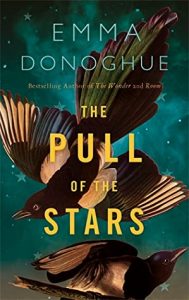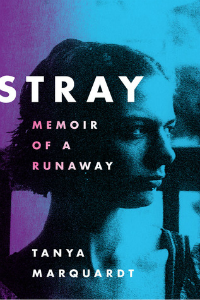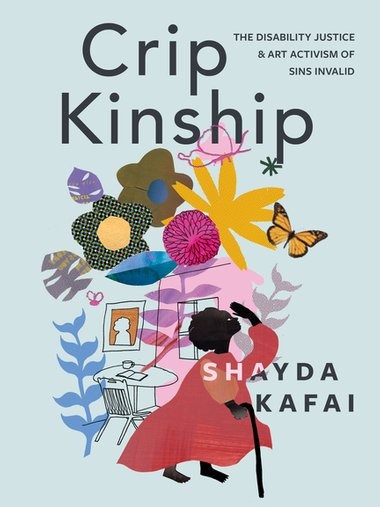Emma Donoghue’s newest novel, The Pull of the Stars (Harper Avenue 2020), is perhaps one of her most compelling historical fictions to date. A fast-paced, stunning novel, I was unable to put down The Pull of the Stars until the early hours of the morning. It drew me into its world in a way that was so riveting and unexpected. I highly recommend this novel.
Shockingly serendipitous, The Pull of the Stars is set in Ireland during the 1918 flu pandemic. Already torn apart by war and struggling to fight this new and deadly disease, the novel is told from the perspective of Nurse Julia Power. Julia works in an understaffed and over-full hospital in Dublin in a cramped Maternity-Fever ward full of ill expectant mothers who must be quarantined together. Over a period of three days, Julia must attempt to save the lives of these women and their babies, even as the flu threatens to take them from her. As she works, two other women walk into Julia’s ward (and into her life): Doctor Kathleen Lynn, a Rebel with a complicated past attempting to care for patients while dodging the police, and a young volunteer who has seemingly appeared out of thin air, Bridie Sweeney. In a novel that takes place over three harrowing days, the lives of these women and their patients will become irrevocably intertwined. Birth, death, love, and loss all conflict and persevere in this novel.
The Pull of the Stars could not have been more wonderful. I was captivated by the breakneck speed that Donoghue affects in her writing. Moment to moment, life for Julia Power on this ward is intense and deeply moving. While a pandemic rages on alongside war and political unrest, Donoghue focuses in on the microcosmic relationship between three women and three beds over three days. In a hospital full of othered bodies—queer bodies and disabled bodies—all ravaged by war in different and equally traumatic ways, the novel juxtaposes the weight of war abroad with the war on disease at home, fought by valiant people who have perhaps been forgotten in the wider scheme of the war effort.
Donoghue’s choice to focus on obstetrics is fascinating. She highlights through the figure of Julia, a queer woman working tirelessly to save the lives of her expectant patients—all of whom come from different socio-economic backgrounds and who are equalized by their pregnancies and this disease—and not always succeeding. The tragedy of death and the miracle of life happen all around Julia in this novel and repeatedly astound her. The compelling and mysterious presence of Bridie Sweeney and the grounding force of Doctor Lynn widen Julia’s perspective of the world in different ways as she attempts to navigate an entirely changed global landscape.
The research and the writing in this novel were stunning and so carefully crafted. This book’s links with the pandemic aside, I think this novel has a lot to say about women’s health, knowledge, and incredible power during the 1918 pandemic and today. The book has the effect of reading like a play—much of the action takes place in one room and involves a small cast of characters. However, this ‘slice of life’ setting often moves beyond the narrow confines of the ward to delve into the three very different and very telling backstories of each of these three women. The structure of the book has an ominous bent to it, and I was compelled to read without pausing until the very end. This book runs the gambit of feelings and it will definitely leave you experiencing the full force of a measure of the emotional whiplash Julia repeatedly encounters in herself and her patients in this novel.
Donoghue integrates lesbian life in her novels so expertly that it seems to occur almost organically. There are some gorgeous scenes here that really did warm my heart, and there is something so powerful about placing lesbian characters in a maternity ward—especially a historical one.
I cannot recommend The Pull of the Stars enough to anyone who is a fan of lesbian fiction, historical fiction, or of Emma Donoghue. It is a triumph.
Please visit Emma Donoghue on Twitter or on her Website, and put The Pull of the Stars on your TBR on Goodreads.
Content Warnings: Violence, death, infant death, trauma.
Rachel Friars is a writer and academic living in Canada, dividing her time between Ontario and New Brunswick. When she’s not writing short fiction, she’s reading every lesbian novel she can find. Rachel holds two degrees in English literature and is currently pursuing a PhD in nineteenth-century lesbian literature and history.
You can find Rachel on Twitter @RachelMFriars or on Goodreads @Rachel Friars.




